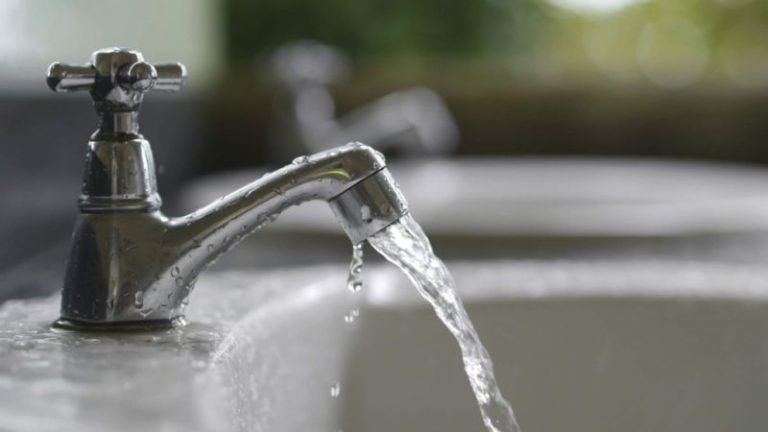In reaction to a serious drought that has struck the nation, Tunisia on Friday instituted an allotment system for drinkable water and prohibited its use in farmland until September 30.
According to senior agriculture ministry official Hamadi Habib, Tunisia, which is experiencing a fourth consecutive year of severe drought, saw a decline in its dam capacity to roughly 1 billion cubic meters, or 30% of the maximum, as a result of a lack of rain from September 2022 to mid-March 2023.
The use of drinkable water to cleanse vehicles, irrigate gardens, clear sidewalks, and maintain public spaces was also outlawed by the farm ministry.
The Water Law stipulates that those who violate it must pay a fee and spend between six days and six months in jail.
According to locals, officials in Tunisia have been turning off drinkable water at night in some parts of the capital and other towns for the past two weeks in an effort to reduce usage, a move that has caused intense resentment. The administration chose not to respond to the assertion.
The new decision poses a risk of escalating societal unrest in a nation where residents struggle with subpar public services, high prices, and a fragile economy.
According to government data, the Sidi Salem Dam in the north of the nation, which is a major source of potable water for several areas, has only reached 16% of its 580 million cubic metre maximum capacity.
According to top farmers’ union representative Mohamed Rjaibia, Tunisia’s cereal yield will be “disastrous,” with the drought-stricken produce falling to 200,000-250,000 metric tonnes this year from 750,000 metric tonnes in 2022.











